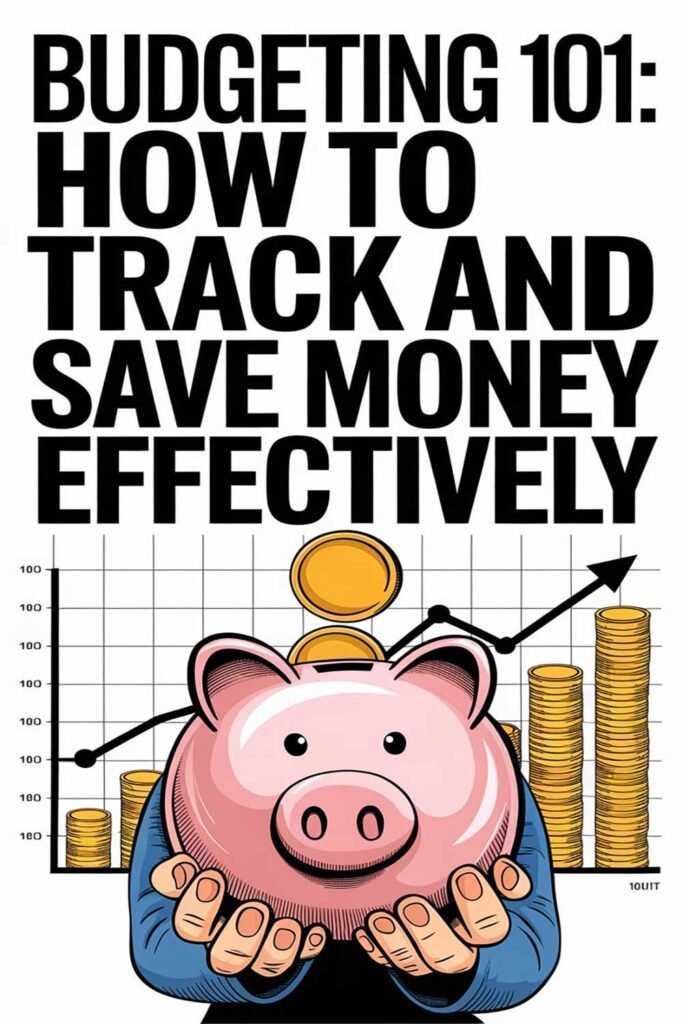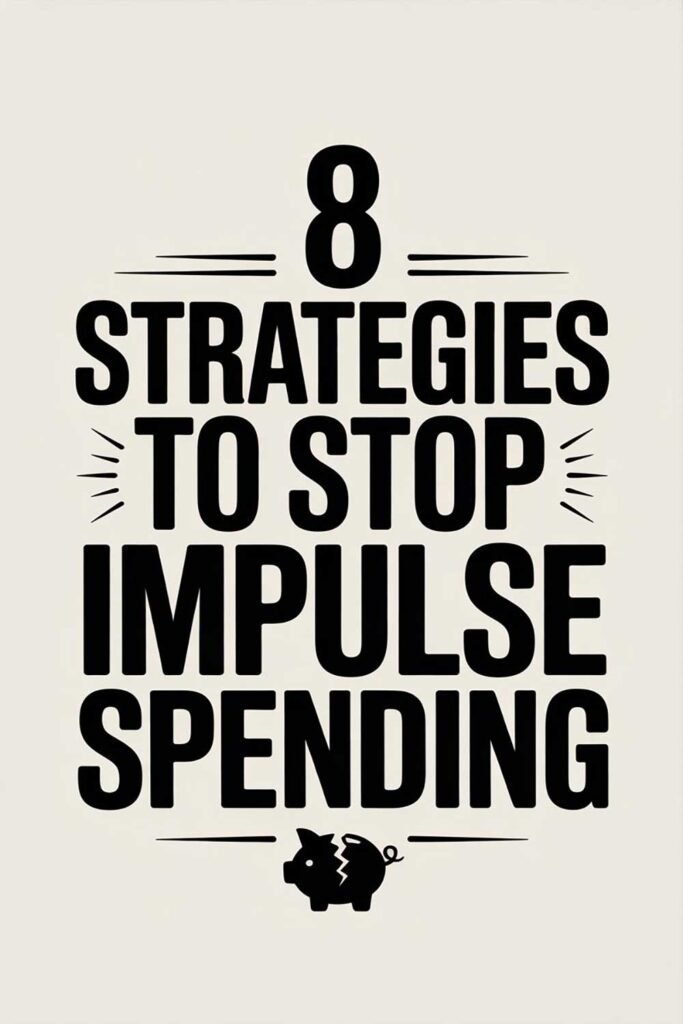10 Steps to Avoid Lifestyle Inflation
You get a raise, land a better job, or finally start seeing the profits from your business—and the next thing you know, your spending increases just as fast. That’s lifestyle inflation, and it can quietly destroy your financial future. Avoiding lifestyle inflation means staying intentional about your spending so your income increases actually improve your life, not just your expenses. Here are 10 practical and proven steps to avoid lifestyle inflation and build lasting wealth.

1. Know Your Financial Goals (and Keep Them Front and Center)
When you know what you’re working toward—whether it’s buying a house, retiring early, or starting a business—it becomes easier to say no to unnecessary lifestyle upgrades.
Real-Life Example: Amy set a goal to retire by 45. Even after receiving a promotion, she resisted moving into a luxury apartment and instead funneled the extra money into her Roth IRA and brokerage account.
2. Automate Your Savings and Investments First
Treat saving like a non-negotiable expense. Automatically transfer a portion of each paycheck to savings or investment accounts before you have a chance to spend it.
Real-Life Example: David increased his 401(k) contributions every time he got a raise. He never missed the money and doubled his retirement savings in four years.
3. Create a Lifestyle Cap
Set a spending limit for your lifestyle. Decide how much is “enough” for things like housing, cars, and entertainment, and stick with it regardless of income.
Real-Life Example: Marisa and Paul agreed to cap their housing budget at 25% of their income. When their income doubled, they kept their lifestyle steady and invested the rest.
4. Upgrade Mindfully, Not Automatically
If you do decide to upgrade your lifestyle, make sure it’s thoughtful and intentional, not impulsive or status-driven.
Real-Life Example: After landing a six-figure job, Chris waited six months before upgrading to a newer car. This delay gave him time to evaluate his needs and avoid an emotional purchase.
5. Track Your Spending Like a CFO
Monitoring where your money goes each month helps you catch sneaky spending increases. Use apps or spreadsheets to track categories and spot patterns.
Real-Life Example: Angela used a budgeting app to track her expenses after a raise. She noticed her dining-out budget had nearly tripled. She adjusted quickly and redirected funds to savings.
6. Celebrate Milestones with Meaningful, Low-Cost Rewards
It’s okay to treat yourself—just don’t let every financial win become an excuse for excess. Celebrate progress with thoughtful, affordable rewards.
Real-Life Example: Ryan treated himself to a picnic in the park and a good book after hitting a savings goal, instead of splurging on a shopping spree.
7. Avoid Comparing Your Life to Others
Social media and peer pressure can tempt you to keep up appearances. Stay grounded in your own goals and values.
Real-Life Example: Tiffany unfollowed influencers and lifestyle bloggers who made her feel pressured to spend. Her anxiety dropped and her savings rate soared.
8. Delay Major Purchases (Use the 30-Day Rule)
Give yourself 30 days before making any major financial decision. Time creates clarity and helps you avoid regret.
Real-Life Example: James wanted to buy the latest phone the moment it dropped. He gave it 30 days and decided his current phone was just fine.
9. Increase Giving Instead of Spending
Sometimes the most fulfilling way to use extra income is to give it. Donating to causes you care about can bring far more satisfaction than material purchases.
Real-Life Example: Lena allocated a portion of her raise to a local food bank. She felt empowered knowing she was making a difference.
10. Review and Revisit Your Financial Plan Often
As your income and life change, revisit your goals, savings rate, and spending habits. Regular reviews help you stay aligned with your priorities.
Real-Life Example: Chris and Dana review their financial plan every quarter. They discuss new goals and make adjustments to stay on track.
20 Inspirational Quotes About Avoiding Lifestyle Inflation and Growing Wealth
- “The goal isn’t more money. The goal is living life on your terms.” — Chris Brogan
- “You can’t out-earn bad spending habits.” — Unknown
- “Wealth consists not in having great possessions, but in having few wants.” — Epictetus
- “It’s not your salary that makes you rich, it’s your spending habits.” — Charles A. Jaffe
- “Financial freedom is available to those who learn about it and work for it.” — Robert Kiyosaki
- “Happiness is not in the mere possession of money.” — Franklin D. Roosevelt
- “The rich invest in time, the poor invest in money.” — Warren Buffett
- “Discipline is the bridge between goals and accomplishment.” — Jim Rohn
- “More money doesn’t fix money problems. Better habits do.” — Unknown
- “Don’t go broke trying to look rich.” — Unknown
- “Live like no one else, so later you can live like no one else.” — Dave Ramsey
- “Every dollar you spend is a vote for the kind of life you want.” — Unknown
- “The best investment you can make is in yourself.” — Warren Buffett
- “You must gain control over your money or the lack of it will forever control you.” — Dave Ramsey
- “Spend less than you make. Always be saving. Avoid debt.” — Unknown
- “Luxury is not a necessity, but for some, it becomes one.” — Coco Chanel
- “Abundance is not something we acquire. It is something we tune into.” — Wayne Dyer
- “Small leaks sink great ships.” — Benjamin Franklin
- “You make most of your money in times of discipline.” — Barbara Corcoran
- “Minimalism isn’t about having less, it’s about making room for more of what matters.” — Unknown
Picture This
Imagine you just received a big promotion. But instead of rushing to upgrade your lifestyle, you automate your savings, pay off a little more debt, and stick to your modest but comfortable way of living. A year later, you check your accounts and see real growth. You’re calm. You’re free. Your money is working for you, and not the other way around.
What would your future look like if you kept your lifestyle simple and your goals front and center?
Share This Article
Know someone who’s recently had a raise or promotion? Share this article with them or post it on social media. Help them build wealth, not expenses.
Disclaimer
This article is based on general financial practices and personal experiences. Results may vary. Always consult a licensed financial advisor for personalized advice.






